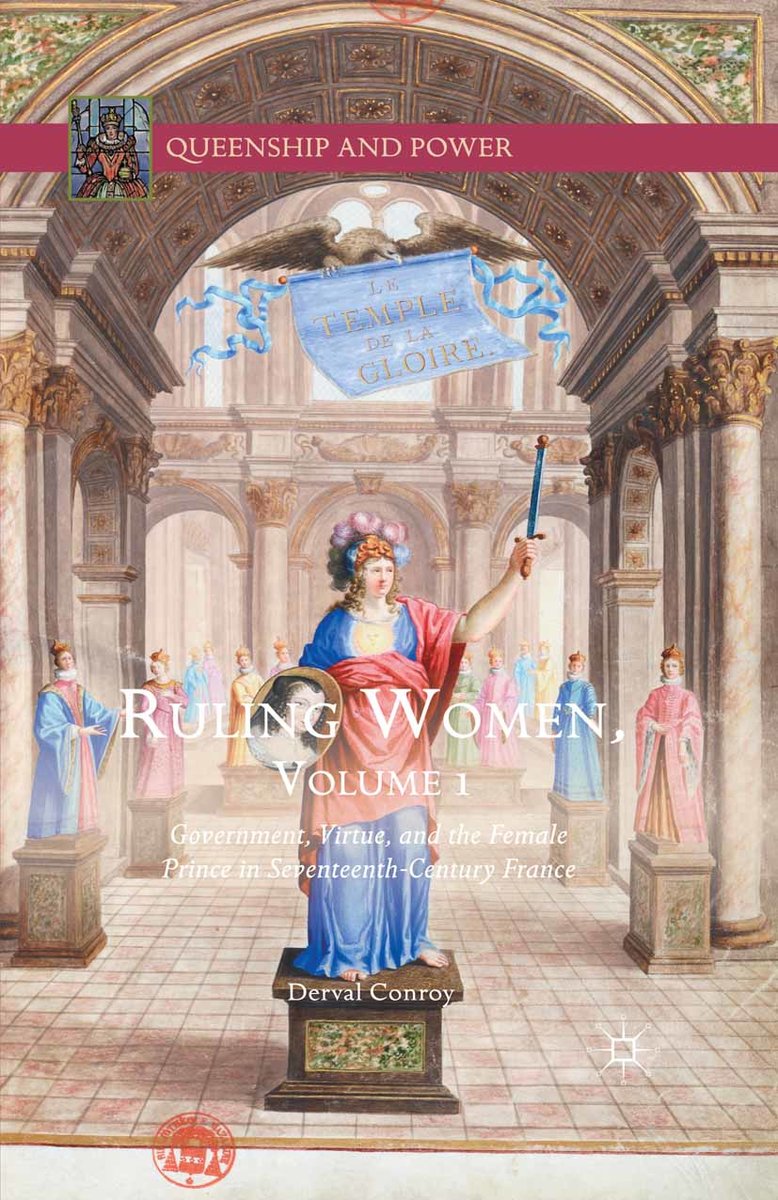Ruling Women is the first study of its kind devoted to an analysis of the debate concerning government by women in seventeenth-century France. Drawing on a wide range of political, feminist and dramatic texts, Conroy sets out to demonstrate that the dominant discourse which upholds patriarchy at the time is frequently in conflict with alternative discourses which frame gynæcocracy as a feasible, and laudable reality, and which reconfigure (wittingly or unwittingly) the normative paradigm of male authority. Central to the argument is an analysis of how the discourse which constructs government as a male prerogative quite simply implodes when juxtaposed with the traditional political discourse of virtue ethics. In Government, Virtue, and the Female Prince in Seventeenth-Century France, the first volume of the two-volume study, the author examines the dominant discourse which excludes women from political authority before turning to the configuration of women and rulership in the pro-woman and egalitarian discourses of the period. Highly readable and engaging, Conroy´s work will appeal to those interested in the history of women in political thought and the history of feminism, in addition to scholars of seventeenth-century literature and history of ideas.


